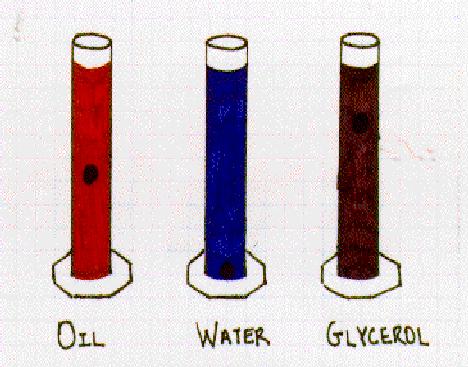What Is Lubricity?

Yesterday’s discussion of TC-W3 brought a few terms to the fore that might have been unfamiliar to novice boaters. Seeing as how it’s so important to understand every facet of your outboard motor in order to get the most out of it, it’s time to define some terms. Some people have a tendency to confuse lubricity with viscosity when in fact they are two entirely different principles.
When considered in a bulk outboard motor oil context, viscosity refers to the thickness of the fluid. Oil must be viscous enough to stand up to the intense heat created during the combustion process; otherwise it will fail to coat the hot engine adequately. On the other hand, if the oil is too viscous it can create blockages in the fuel system and make the boat ineffective for cold starts.
Lubricity is a bit tougher to define, but it’s equally important in terms of maximizing outboard motor performance. To put it in a rudimentary way, lubricity measures an oil’s capacity to lubricate against wear and tear. In the course of its normal operation, an engine generates plenty of friction. This combination of intense heat and pressure can be detrimental to a motor that isn’t properly lubricated.


Comments